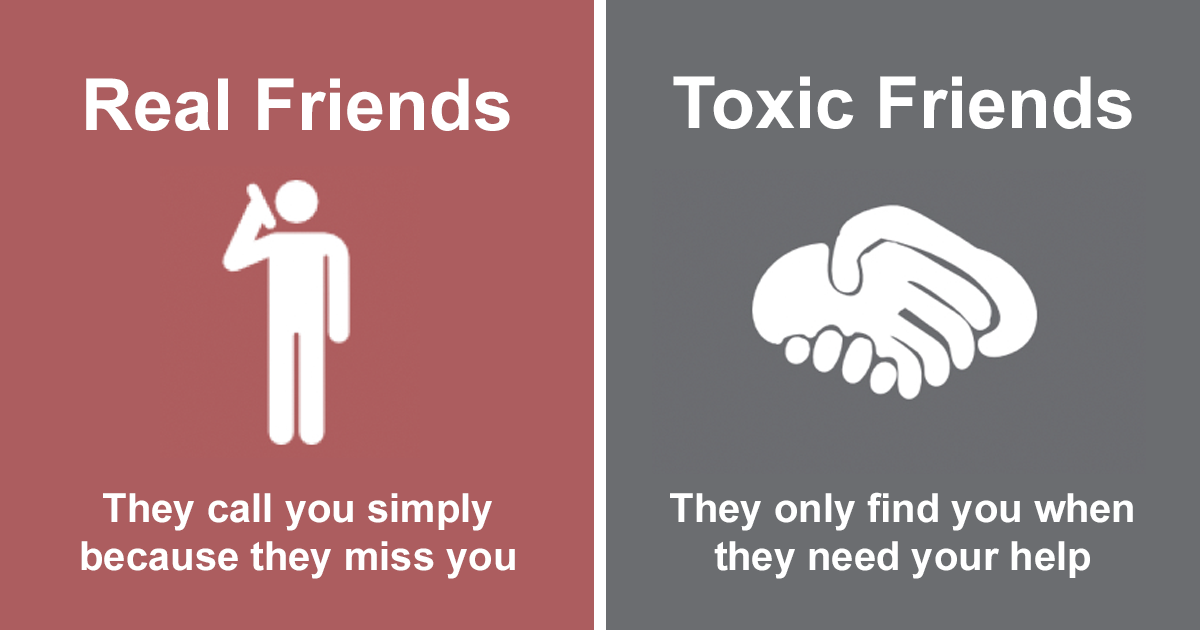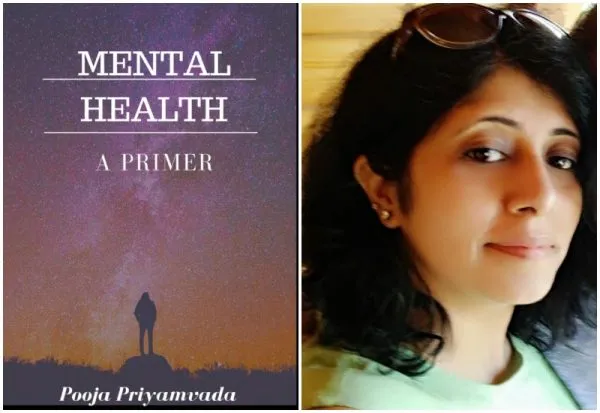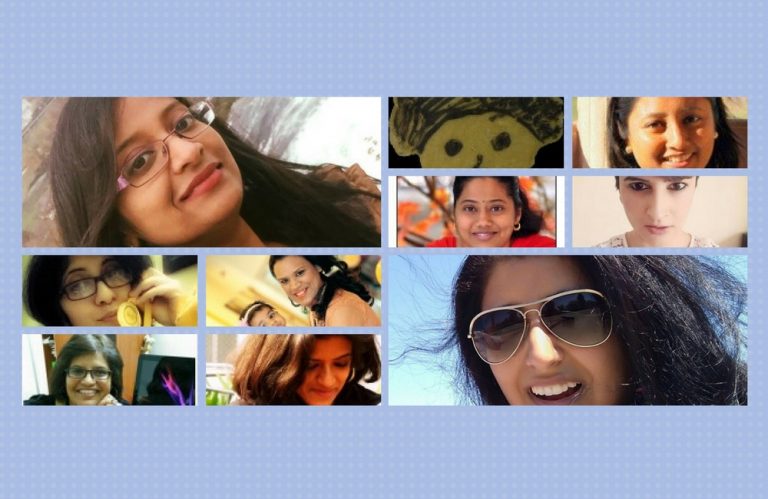 |
| Cover courtesy: Author/Blogchatter |
As the name suggests Roshan Radhakrishnan's
HEROES OF KINDNESS is a book about Kindness. In the middle of a global pandemic, it is the kind of book that one would like to read for hope in humanity and the future.
I have been introduced to this series he has done for years on his blog now, the conversion into a book is only a next and welcome change to offer 50 curated stories from the blog that have personally influenced the author as well as made him receive widespread reactions from across the world.
The book has a well-worded foreword and an origin story that describes the process of these stories and the book and how they came to be.
The bright Fuschia cover spells happiness and joy and the 59 pages make it an easy/light read. The language of the book is a clear window into the writing skills of an acclaimed blogger and thus makes an instant connection with the reader.
The author says:
"What do I hope you gain from this book? An altered perspective. A belief that The World is Not a Bad Place. In this book, I am showcasing 50 acts of kindness and compassion from across the world. There are thousands of heroes like these all around you. I need you to remember that whenever you feel low."
The book lives up to this claim sufficiently.
The stories cover a wide range from gender identity issues to disability to fatal diseases and social stigma.
A book like this in these times is a harbinger of hope and goodness, and I found it only befitting to dig deeper and find more insights about it via the author himself.
Roshan kindly agreed for an email interview and added to my love for this book as a reviewer and reader immensely with his candid and honest responses.
HERE IS A BRIEF email INTERVIEW with the author
 |
| Pic courtesy: Roshan |
1. What is your definition of kindness?
Kindness used to be just about being generous. Today, from where I see it, it is an act of strength. It is so much easier to ignore those suffering around you and go with the masses, leaving the weak to fend for themselves. It takes true strength to go against the grain and make a positive difference today.
2. How is your profession as a doctor contributed to this quest of finding kindness and documenting it?
In some ways, it has actually made it harder! Time restraints and work pressure often tend to get in the way of my hunt for finding heroes as well as seeking them out and interviewing them. On the flip side, my profession is one where you do see pain and suffering every day. You see the darkness. The need to find light under such circumstances can find many outlets. For me, seeking good people seemed logical.
3. What were one/some life-changing experiences while compiling these stories over the years?
I remember the first time I wrote about kindness. It was a huge photo montage of sorts, 50 images of kindness in a single article. I was previewing it and by the time the last image appeared, I had tears in my eyes. That is neither an exaggeration nor is it common for someone like me who is used to the sight of pain, blood, and broken bones. This was years before I wrote Heroes of Kindness but it struck me that night how powerful an avalanche of kindness can be.
For me, there have been quite a few. There was a
12 year old boy who used to prepare bags of food and then go distribute it to the homeless in Cambridge. I had the pleasure of interviewing him. I remember shortly after that article was published, former students of mine did the same here in India. The magic of that - a child in America inspiring grown-up doctors in India in India to be kind.
This is something that I've pointed out in my book's "Origin Story" chapter - because I seek out and befriend these heroes in real life, my timeline on social media (barring the war zone called Twitter!) is always filled with positivity. Their kindness extends to every aspect of their life, as I always knew it would.
4. Which are your 3 most favorite stories and why? Tell briefly.
One would have to be
Heather's story. The 25-year-old was dying from Stage 4 liver cancer. A random stranger read her story, got himself tested, and ended up being a match. He gave her his liver. Somewhere along the way, I guess he slipped her his heart too. They are happily married today & their story is an actual Hallmark movie. I was happy to be a part of it, helping her surprise him by interviewing her and then pleading with bloggers to comment. By the time her husband saw it (as part of their six-month anniversary present), there were nearly 100 comments of love for him from India!
Another one would be the two college students who felt they looked like the Princesses from the animated movie Frozen while watching the movie. They used their resemblance to dress up as the Princesses and visit pediatric hospitals to cheer up children. Sounds cute, right? Well, it inspired a whole generation of students. Today, they are a foundation called
A Moment of Magic that has visited over 10,000 children across America. Imagine that.
Chef
Bruno Serato's story is special for a personal reason too. Working in a high-class restaurant, the man who came from an impoverished background would give away over a million free meals to impoverished children. When tragedy struck and his restaurant burned down, the news captured him crying as he watched it burn... his main worry was how would he feed the children! The community responded with donations pouring in and even competing restaurants offering their workplace and staff for him to continue cooking for the kids.
It took over a year but the White House of Anaheim restaurant has reopened again. This story is personal for me because I received an honorary award in journalism following an international competition for my take on this story.
5. In the ongoing pandemic, we have seen a lot of apathy too, what is your message to people via your ebook?
It is the very theme of this book. To get rid of the suffering, negativity, and apathy all around you. Choose to be kind. The people you read about in this book are not famous celebrities (though they should be!) They are normal people - nurses, coffee-shop waitresses, teachers, doctors, nurses, students. Do you get it? They are you. You don't need to seek out Heroes of Kindness. You can become a Hero of Kindness yourself during these difficult times. A simple act that stems from empathy. That is all that is needed.
Roshan can be reached out here on Facebook



































